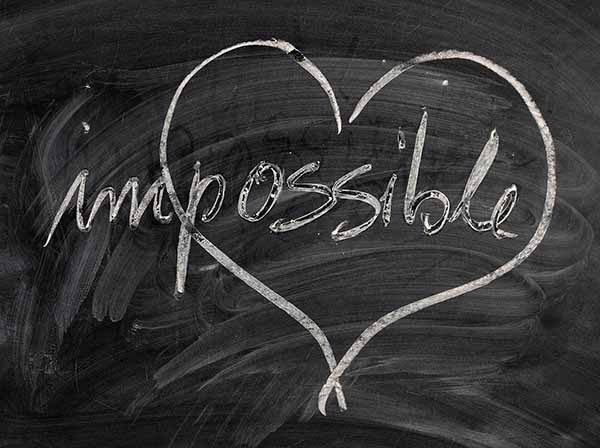
Pursuing perfection smacks of trying to summit a mountain after having been kneecapped at basecamp. Reaching the top symbolizes the goal of perfection, but you are already crippled with expectations, frustrations and an inner and external peanut gallery of critics and judges.
The teacher, author and artist, Julia Cameron, brilliantly describes the paradox of perfectionism;
“Perfectionism is not a quest for the best. It is a pursuit of the worst in ourselves, the part that tells us that nothing we do will ever be good enough – that we should try again.”
Imposter syndrome; the “never good enough trope; the disguised Sisyphean task -all reside in the house of the perfectionist.
Alternatively, embracing excellence, filtered through imperfection, epitomizes discovering the fountain of youth. Anything is possible. You set off on your journey in good spirits and with healthful vigor, bringing your expertise, enthusiasm and persistence to the task ahead. Challenges are expected, but aren’t encumbered with disappointment, guilt or shame. Imperfection allows for full immersion in the journey. Without the weight of pursuing perfection with its built-in fear of failure and desire for control, all manner of opportunities can be explored. Excellence embodies a realizable outcome, through freedom and wholeheartedness. In the words of author, Jhumpa Lahiri:
“Imperfection inspires invention, imagination, creativity. It stimulates. The more I feel imperfect, the more I feel alive.”
Shifting to this mindset may be as straightforward as taking the words of John Gardner and Paul Simon to heart:
“Whoever I am, or whatever I am doing, some kind of excellence is within my reach.” ~- John Gardner
“People often called us perfectionists, but we were not looking for perfection. We were looking for some kind of magic in the music.” ~ Paul Simon

